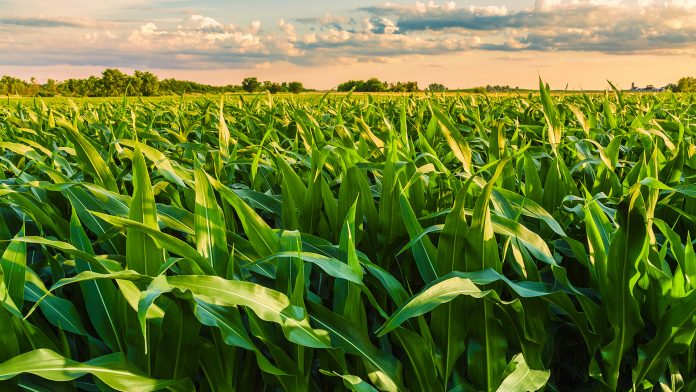According to a new study, nutrition insecurity in sub-Saharan Africa needs to be combated with crops that are resilient to climate change.
Farmers in sub-Saharan Africa need to diversify away from growing maize and switch to crops that are resilient to climate change to increase nutrition security.
Instead of maize, farmers should begin to grow fruits, vegetables, and crops like cassava, millet, and sorghum to provide the micronutrients essential for good health.
The researchers argue that the quantity of food produced must also increase, and more land must be brought into agricultural production.
More than 50 researchers contributed to the investigation, published in the scientific journal Nature Food. The study involved talking to policymakers and other stakeholders in the food and agriculture sectors in four countries in sub-Saharan Africa: Malawi, South Africa, Tanzania, and Zambia.
Sub-Saharan Africa is at risk of food and nutrition insecurity
According to the World Bank, sub-Saharan Africa is home to 1.2 billion people. It is expected that this will rise by 740 million people by 2050.
Farmers will have to increase the amount of food grown at a time when climate change will create extreme conditions – affecting what crops can be grown.
The team believe that the population is at risk of food and nutrition insecurity unless effective ways of adapting to climate change are identified.
Professor Jennie Macdiarmid, from the Rowett Institute at the University of Aberdeen and one of the authors of the paper, said: “The study has highlighted the need to place nutrition at the heart of agricultural policy to avoid the long-term unintended consequence of failing to produce food that can deliver the nutritional needs of the population.
“If policy solutions focus only on increasing production of calories and adapting to be climate smart, it is likely there will be negative consequences for health through nutritionally poor diets.”
Creating a resilient agricultural system
Using the iFEED assessment framework, the researchers investigated policy options to create an agricultural system that is resilient to climate change and combats nutrition insecurity.
“Too often food, agriculture and nutrition policies sit in siloes across different government departments,” said Dr Jennings, a Research Fellow in the School of Earth and Environment at the University of Leeds.
“This study provides holistic evidence that combines information on the environmental impacts of food system changes and the changes needed for population-level nutrition security.
“The research shows that action can be taken to adapt to climate change and improve nutrition security in sub-Saharan Africa.”
A transformative approach is needed to incorporate nutritional needs
Stakeholders in each country found key uncertainties in the future of the food system. iFEED considers these uncertainties and identifies agricultural policies to be contemplated.
To combat nutrition insecurity, scientists argue that there needs to be a fundamental shift in agriculture.

One option is to diversify into soybean production. This is because soybean crops are more likely to withstand the impacts of climate change compared to maize.
Dr Ndashe Kapulu said: “Many countries in sub-Saharan Africa will be better able to handle climate change and other stresses if they have more diverse food systems, such as the transition to soybean production in Zambia.
“As scientists, we need to generate enough evidence in our research to help make changes that support and guide actions to make the agrifood system more resilient.”
Increasing the production of animal-based products
In sub-Saharan Africa, increasing the production and consumption of animal-based products could fight nutrition insecurity. However, the researchers argue that it should not reach the unsustainable production levels seen in higher-income countries.
An increase in animal-based products would cause a rise in greenhouse gas emissions, but this could be tolerable to reduce sub-Saharan Africa’s need to reduce the risk of nutritionally inadequate diets.









